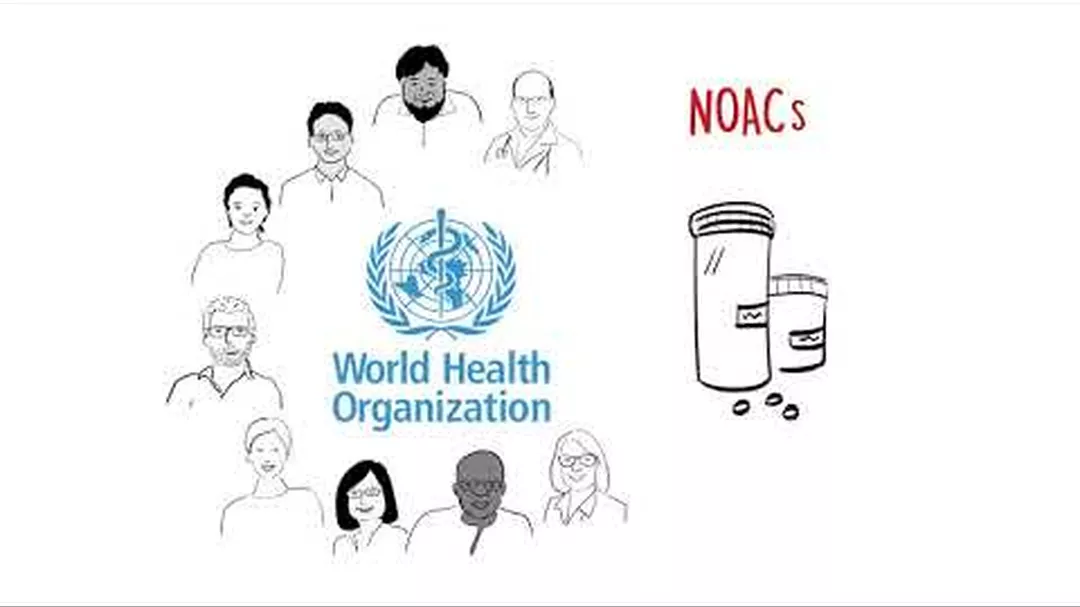
HRI’s Professor Ben Freedman has co-chaired a significant update to the World Heart Federation Roadmap on Atrial Fibrillation (AF), a milestone publication launching today that promises to impact global health management of this type of heart arrhythmia.
Professor Freedman collaborated with co-chair Gerhard Hindricks of Leipzig Heart Institute in Germany, as well as the best minds across the globe to formulate key recommendations for the management of AF, forming an integrated approach across clinicians, researchers, allied health professionals, health systems experts and patient groups.
AF is linked to one in three strokes, with prevalence rising with age and increasing the risk of stroke. The roadmap is a key reference document essential for anyone involved in the planning, organisation, patient management and implementation of approaches to reduce the burden of AF.
The roadmap identifies priorities for reducing death and disability. It emphasises advocacy to widen awareness of AF, physician education and patient literacy, and focuses on integrated care and the digital interventions that can facilitate screening, diagnosing and management, as well as barriers to implementation of interventions and potential strategies to overcome them.
A catalyst for the updated roadmap has been the addition of treatments to the World Health Organization’s Model List of Essential Medicines, vetted for their safety and effectiveness in meeting global health needs. Non-vitamin K antagonist oral anticoagulants are crucial for stroke prevention and for the management of AF and are now included on the WHO List, following relevant efforts by the WHF Emerging Leaders team.
The roadmap highlights the issues and opportunities for care in low- and middle-income countries. Some of these same issues also appear in areas of higher-income countries where populations experience socioeconomic pressures, health inequalities and inadequate access to affordable care.
These challenges encompass geographical access to clinics, especially for those in rural areas, affordable services and medication, shortage of trained health professionals, and care that does not factor in a patient’s full case history.
The roadmap update will serve as a vehicle to restate the roadblocks and strategies to overcome them and to examine whether the advances reviewed might provide novel ways to more effectively prevent, detect, treat, and reduce complications associated with AF.
Related research areas



